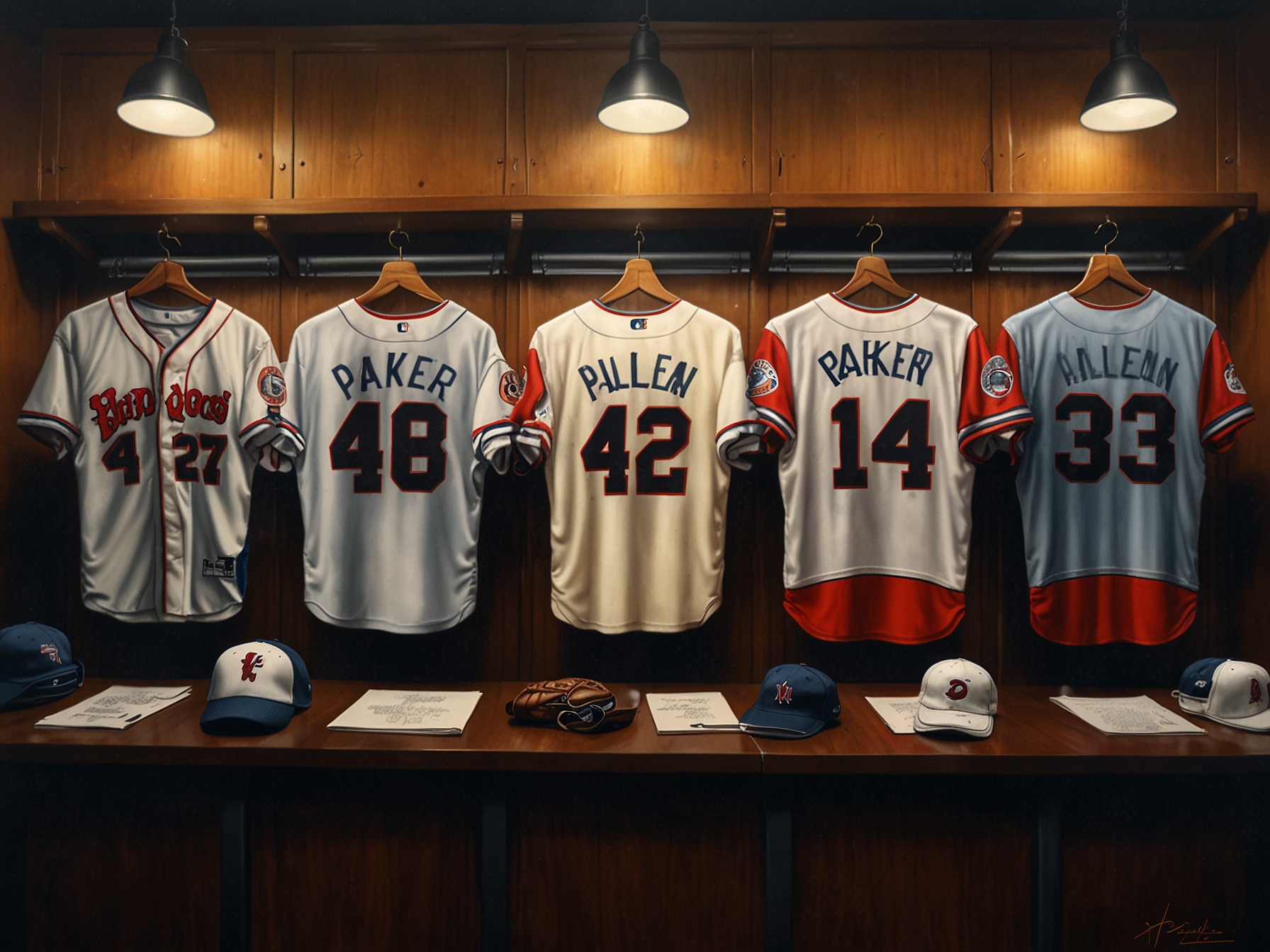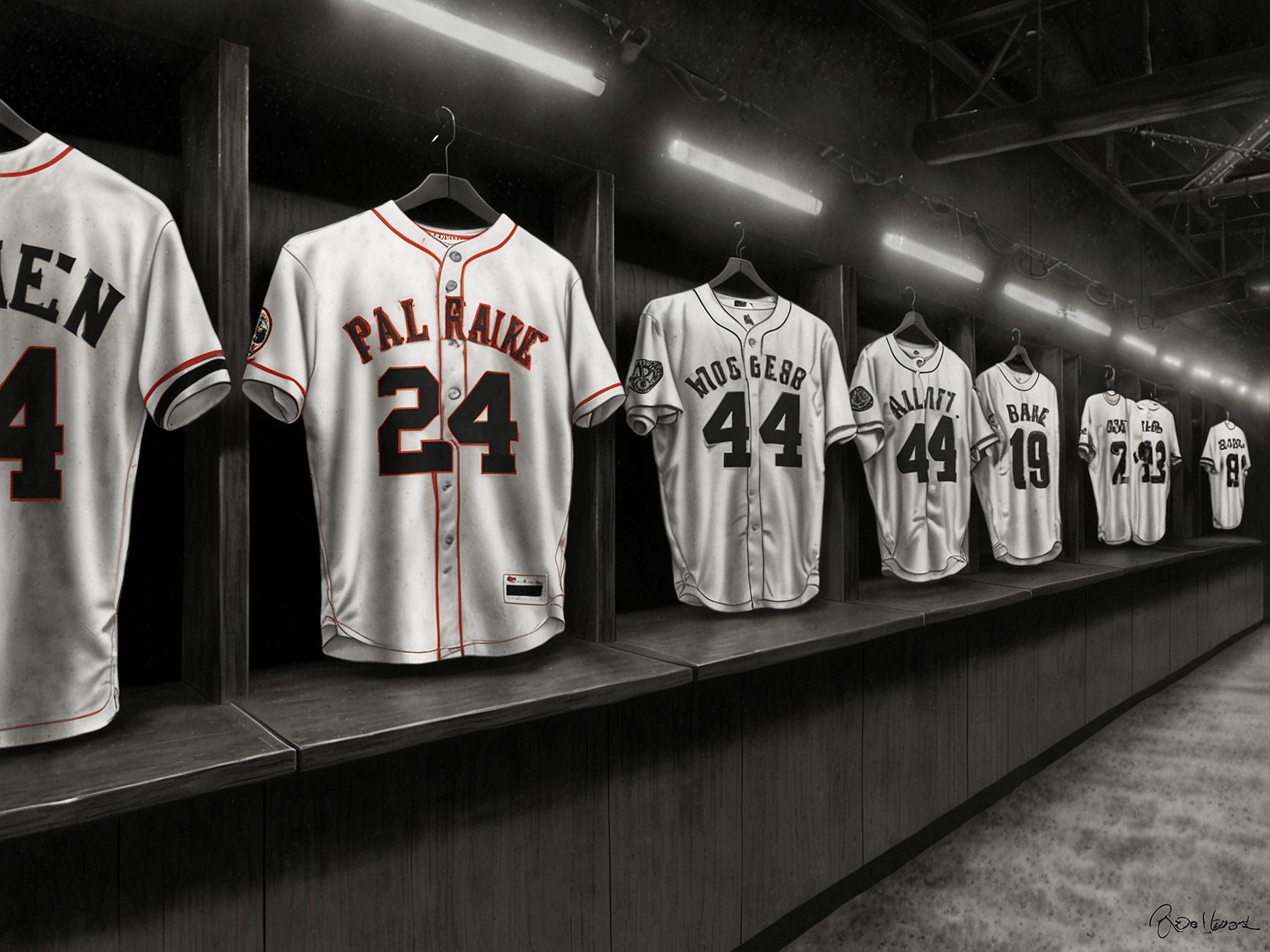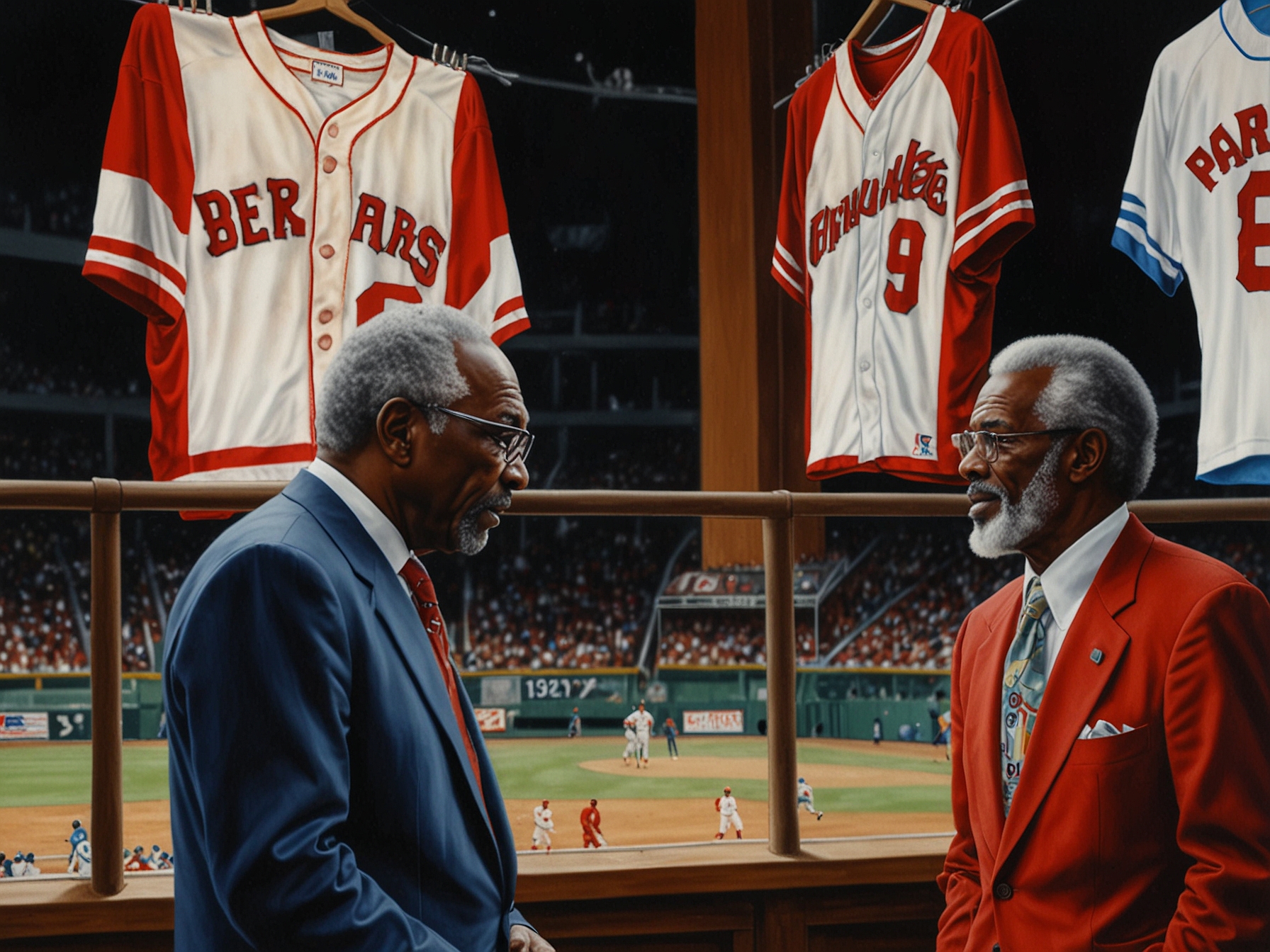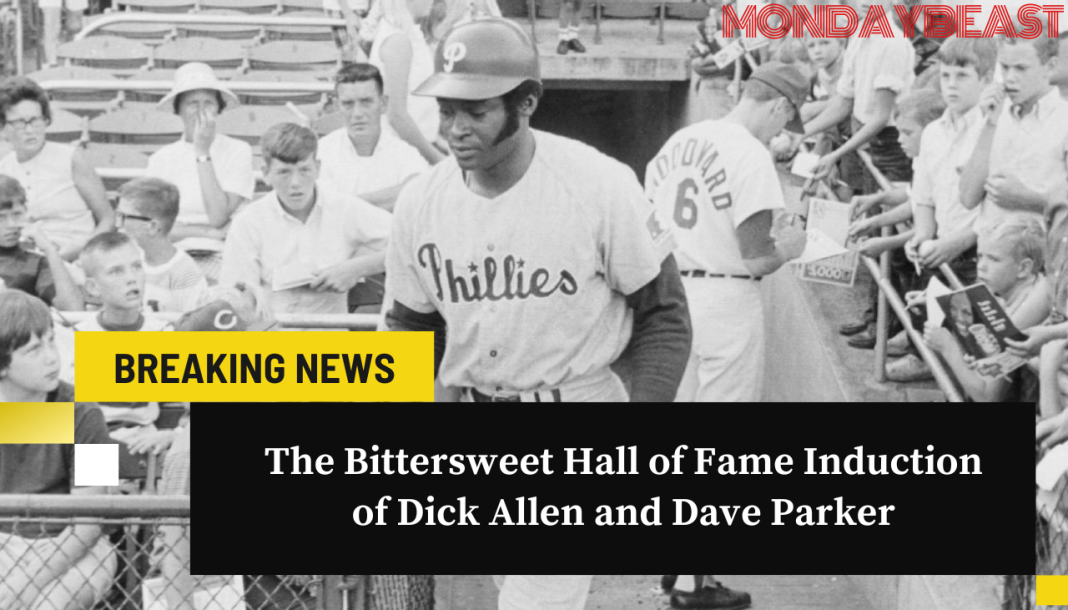The recent induction of Dick Allen and Dave Parker into the Baseball Hall of Fame has stirred mixed emotions among fans and historians alike. Why does it often take years, or sometimes decades, for deserving players to receive the recognition they earn on the field? This very question looms large over this momentous occasion.
Allen and Parker represent not just individual triumphs but also the complexities of baseball’s past. The emotional weight of posthumous honors injects both pleasure and sorrow into the narrative. While we celebrate, there’s a lingering sense of what could have been for players not present to savor the honor.

Let’s consider Dick Allen. His career arc was undeniably impressive but marred by controversy. He was a generational talent, yet it took far too long for him to finally gain acceptance into Cooperstown.
Sadly, he passed away before this recognition came. That’s where the bittersweetness kicks in. After coming so close to induction in his last voting sessions, fans were left hoping that Allen would one day get his due.
Now that he has, it’s hard not to feel a pang of sadness for the moments he could not experience firsthand. In his prime, Allen turned games upside down with his prowess. What a sight it was to see him blast home runs while posting numbers that genuinely merited MVP consideration.

Living through those years of Allen’s greatness allows one to appreciate how he played the game with both pain and passion. His comments about playing “angry” resonate deeply with those who understand the relationship between athletes and the expectations placed on them. Why did it take so long for Allen’s story to be recognized?
Next, let’s turn our attention to Dave Parker. Known as ‘The Cobra’, Parker was a force of nature on the field. His arm was legendary; fans often marveled at its sheer power.
How many times did he assist from the outfield, turning sure base hits into outs? His accolades include an MVP title, several All-Star selections, and two batting titles. Yet injuries and personal challenges overshadowed parts of his career.

Even so, he navigated those challenges to secure a place in baseball lore. Parker’s trajectory reminds us that resilience plays a vital role in an athlete’s journey. He faced numerous obstacles but stood tall, coming back to dominate late in his career.
That second act, leading the Cincinnati Reds and securing another World Series title with the Oakland Athletics, proves that excellence often appears at unexpected times. Isn’t it inspiring how tenacity can lead someone back to the top?
Both Parker and Allen finally entering the Hall reignites conversations about who else deserves this honor. The selection committee’s choices seem to reflect a shift toward a broader interpretation of what it means to be an all-time great.
Yet, let’s not forget. Ken Boyer, who many argue was overlooked, continues to be a point of contention. Should the criteria for selection remain expansive, or is it better to stick to strict numbers?
The thrill of watching characters like Parker and Allen finally receive their plaudits is undeniably heartwarming. However, there remains an undercurrent of frustration about those still on the outside looking in.
This year is a glorious moment for some, but it’s vital to reflect on the countless other stories still clouded by ambiguity. So, will this trend of retroactive selections continue?
Let this induction be a reminder that recognition, while vital, often comes at a significant cost. At the end of the day, as we look ahead to future ceremonies, we must remember.
Every player has a unique journey, and the paths to the Hall are paved with both trials and triumphs. And perhaps, amidst the celebration, it’s time to consider how we can champion those still waiting in the wings for their rightful place among baseball’s most celebrated figures.
In this evolving media landscape, stories like Allen and Parker inspire us, making us rethink how we view sports legacies. As fans, we hold the power to keep these narratives alive and advocate for those who, like Allen and Parker, deserve a second chance at recognition.
Isn’t it remarkable how baseball continues to surprise us with its rich tapestry of stories? Let’s keep that dialogue going and allow history to shine a light on all who have shaped the game.




